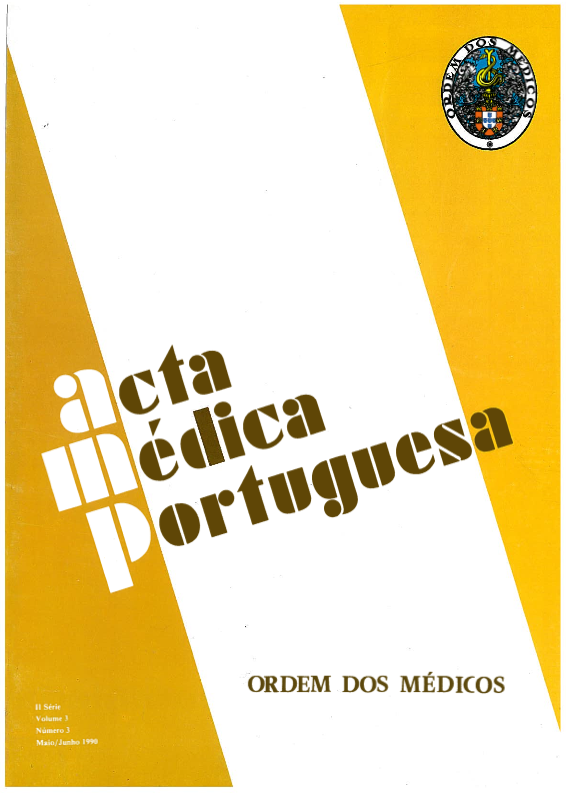Preservação do fígado com uma nova solução de sacarose tamponada com fosfato.
DOI:
https://doi.org/10.20344/amp.4562Resumo
The efficacy of the new phosphate-buffered sucrose solution (PBS), was compared with the conventional Euro-Collins (EC) and the lactated Ringer solution (LR), in its capacity to preserve the canine liver in cold storage. Three groups of 6 canine livers, each group in one of those solutions, were put in cold storage for 24 h at 4 degrees centigrade. At the end of this period the effect of warm hepatic reperfusion was studied in relationship with the following parameters: weight of the liver, bile excretion, hepatic biopsy, Na, K, Ca, P and some tests used to evaluate the hepatic function. The results obtained confirm, that PBS has an important impermeant effect over the hepatocyte, simulating that described recently by Lam et al to the kidney. Contrary to the EC and LR, the PBS inhibits hypothermic cell swelling, is more effective in the preservation of the liver histology, and has an opposed effect to the weight gain tendency induced by cold storage. During the period of warm reperfusion, high volumes of bile excretion and lesser levels of K depletion were observed in the PBS model. PBS is easy to prepare, and it is not expensive. For these reasons PBS could be an advantageous substitute of the EC in liver preservation.Downloads
Downloads
Como Citar
Edição
Secção
Licença
Todos os artigos publicados na AMP são de acesso aberto e cumprem os requisitos das agências de financiamento ou instituições académicas. Relativamente à utilização por terceiros a AMP rege-se pelos termos da licença Creative Commons ‘Atribuição – Uso Não-Comercial – (CC-BY-NC)’.
É da responsabilidade do autor obter permissão para reproduzir figuras, tabelas, etc., de outras publicações. Após a aceitação de um artigo, os autores serão convidados a preencher uma “Declaração de Responsabilidade Autoral e Partilha de Direitos de Autor “(http://www.actamedicaportuguesa.com/info/AMP-NormasPublicacao.pdf) e a “Declaração de Potenciais Conflitos de Interesse” (http://www.icmje.org/conflicts-of-interest) do ICMJE. Será enviado um e-mail ao autor correspondente, confirmando a receção do manuscrito.
Após a publicação, os autores ficam autorizados a disponibilizar os seus artigos em repositórios das suas instituições de origem, desde que mencionem sempre onde foram publicados e de acordo com a licença Creative Commons









